"Triangular Gross-Pitaevskii breathers and Damski-Chandrasekhar shock waves"Professor Maxim Olchanyi (Olshanii) , University of Massachusetts Boston [Host: Prof. Israel Klich]
ABSTRACT:
The recently proposed map [arXiv:2011.01415] between the hydrodynamic equations governing the two-dimensional triangular cold-bosonic breathers [Phys. Rev. X 9, 021035 (2019)] and the high-density zero-temperature triangular free-fermionic clouds, both trapped harmonically, perfectly explains the former phenomenon but leaves uninterpreted the nature of the initial (t=0) singularity. This singularity is a density discontinuity that leads, in the bosonic case, to an infinite force at the cloud edge. The map itself becomes invalid at time t=T/4. Here, we first map -- using the scale invariance of the problem -- the trapped motion to an untrapped one. Then we show that in the new representation, the solution [arXiv:2011.01415] becomes, along a ray in the direction normal to one of the three edges of the initial cloud, a freely propagating one-dimensional shock wave of a class proposed by Damski in [Phys. Rev. A 69, 043610 (2004)]. There, for a broad class of initial conditions, the one-dimensional hydrodynamic equations can be mapped to the inviscid Burgers' equation, a nonlinear transport equation. More specifically, under the Damski map, the t=0 singularity of the original problem becomes, verbatim, the initial condition for the wave catastrophe solution found by Chandrasekhar in 1943 [Ballistic Research Laboratory Report No. 423 (1943)]. At t=T/8, our interpretation ceases to exist: at this instance, all three effectively one-dimensional shock waves emanating from each of the three sides of the initial triangle collide at the origin, and the 2D-1D correspondence between the solution of [arXiv:2011.01415] and the Damski-Chandrasekhar shock wave becomes invalid. |
Condensed Matter Seminar Thursday, October 28, 2021 3:30 PM Online, Room via Zoom Note special room. Join Zoom Meeting:https://virginia.zoom.us/my/israel.klich |
To add a speaker, send an email to phys-speakers@Virginia.EDU. Please include the seminar type (e.g. Condensed Matter Seminars), date, name of the speaker, title of talk, and an abstract (if available).
 Physics at Virginia
Physics at Virginia